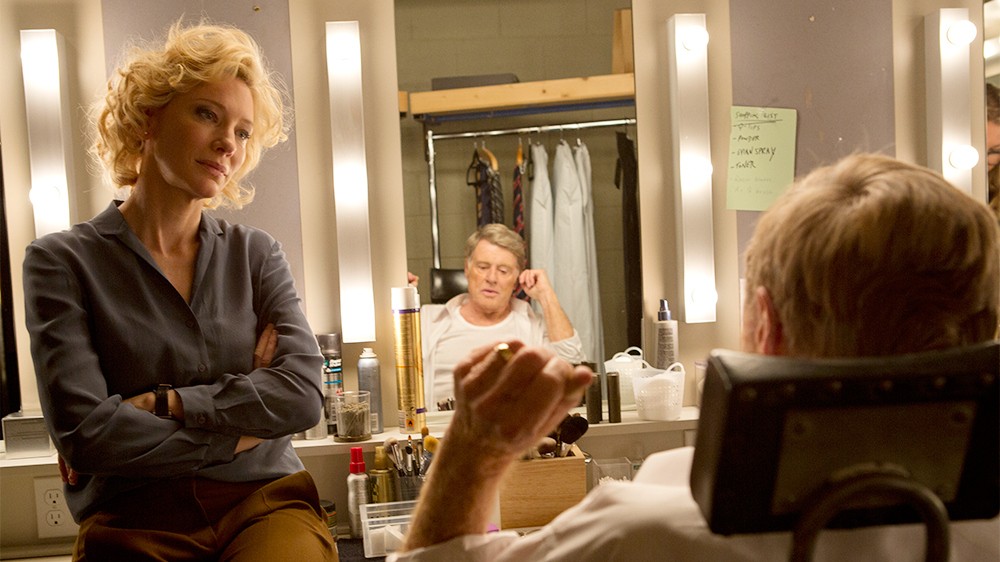The Danish Girl
by Hope Madden
Tom Hooper is a proven director. He followed an Oscar for The King’s Speech with an impeccable reimagining – perfectly theatrical and cinematic – of Les Miserables. He now turns his attention to the true life tale of what is likely the world’s first transgender surgery.
The Danish Girl is the gorgeously appointed, elegantly acted portrait of artist Einar Wegener (Eddie Redmayne – proving himself a chameleon of the same caliber as Tom Hardy or Tilda Swinton). His wife Gerda (a remarkable Alicia Vikander), an artist of less fame, needs a favor: her model has cancelled.
What begins as a favor – some silk stockings and fancy shoes – turns into a game for Gerda, but something else entirely for Einar.
The film works best as a study of marriage in turmoil, as Gerda’s riot of conflicting emotions is beautifully articulated by Vikander. Hers is an authentically tumultuous, tender and human performance.
Redmayne – Oscar winner for last year’s The Theory of Everything – is a fierce and nimble talent, no question. His graceful turn here is filled with vulnerability and longing. But The Danish Girl – and Redmayne’s performance, in particular – may be too restrained, too dignified for its own good.
Vikander’s character is fascinating from the beginning, and her fiery yet tender performance drives the film. But that’s kind of the problem. It’s Lili, the woman Einar is determined to become, that we should care for more, learn more about. The Danish Girl should be her story, but it really isn’t.
The fault is hardly Redmayne’s. He evolves slowly from a passionate if delicate husband to an even more delicate yet burgeoning woman, but he never invites us into Lili’s head. She’s an enigma.
The film never truly belongs to Gerda’s story, either, and the lack of true focus leaves the lovely film feeling superficial.
The story itself is astonishing, bordering on unbelievable. Lili Elbe was pioneering and tragic, fragile but fearless in a time when her journey was utterly unimaginable. The Danish Girl has a lot to offer, but it needed quite a bit more of Lili’s spirit if it was to leave a lasting impression.



